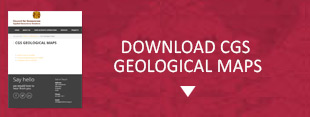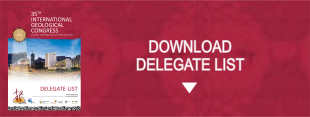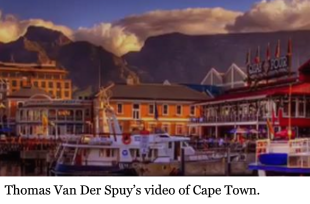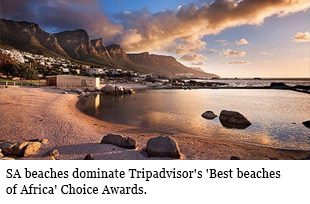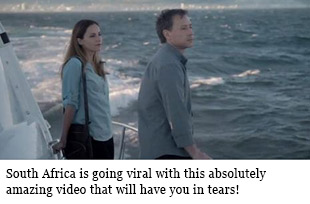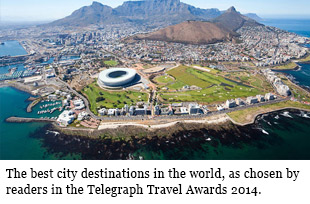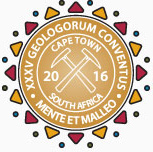
35TH INTERNATIONAL GEOLOGICAL CONGRESS
27 AUGUST - 4 SEPTEMBER 2016 | CAPE TOWN, SOUTH AFRICA
Sponsors
Keystone Sponsor


Diamond Sponsor


Gold Sponsor


Silver Sponsor
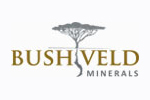


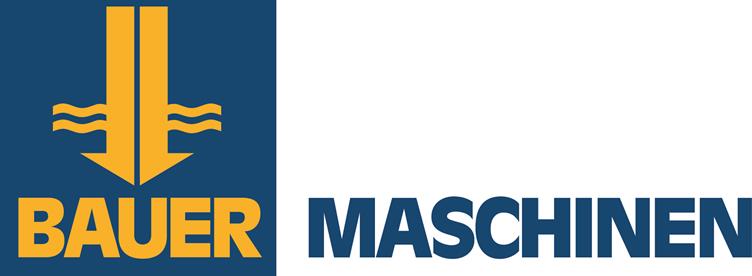




Business Centre Sponsor


Publication Sponsor




Social Function


Plenary Speaker Sponsor


Speaker Gift Sponsor


Post Graduate Fund


Registration


Welcome Drinks


Lunch Time Drinks


Publication &
35 IGC SAGPGF
35 IGC SAGPGF

35 IGC SAGPGF




MY IGC APP


Symposium Sponsor

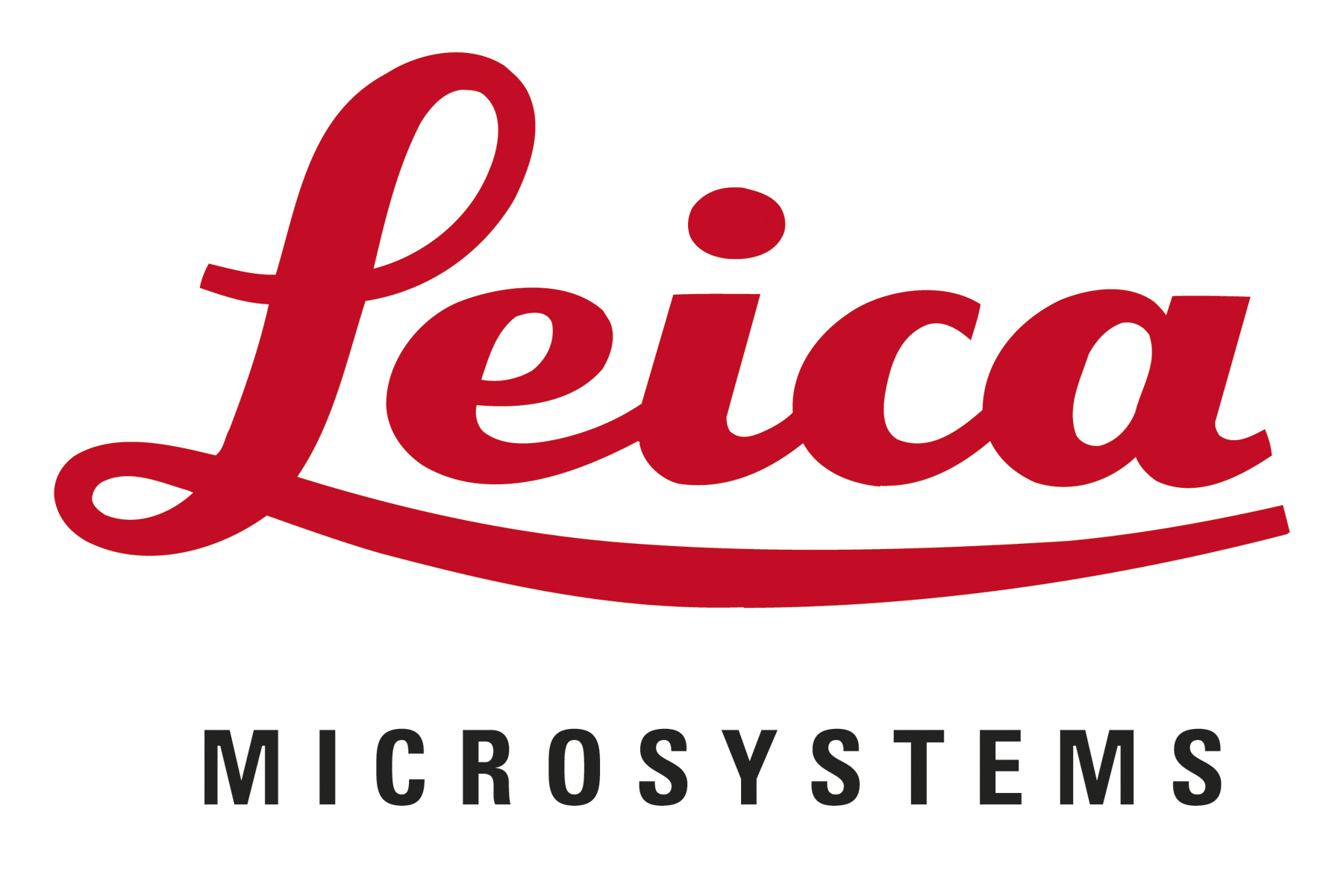


Audit Sponsor
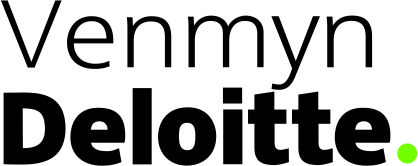

35TH INTERNATIONAL GEOLOGICAL CONGRESS
27 AUGUST - 4 SEPTEMBER 2016 | CAPE TOWN, SOUTH AFRICA
My IGC
Symposium Details
| Title | Description | Convenors |
|---|---|---|
| Palaeozoic-Mesozoic Ecosystems of Gondwana | The Palaeozoic–Mesozoic rocks of Gondwana document the diversification of aquatic and terrestrial life and at least three of the Earth’s major extinction events. Study of the ancient ecosystems recorded within these rocks allows examination of biotic and abiotic factors underpinning the diversification and decimation of life in the past. Understanding the timing, duration and causes of such changes in past biodiversity requires a holistic approach incorporating studies in biostratigraphy, chronostratigraphy, geochemistry, organismal evolution, and palaeoenvironments. These studies of ancient ecosystems may provide insight into future ecosystem change as well as our current mass extinction. This symposium seeks presentations investigating changes in marine and terrestrial ecosystems from the Palaeozoic to Mesozoic of Gondwana. A broad scope of inquiry ranging from taxonomic studies to basin analyses is expected and welcomed, but submissions should be synthetic in nature and explicitly mention their broader implications and why they are relevant for understanding the interaction of organisms and their environment during this time period. | Jonah Choiniere, Michael Day, Bruce Rubidge, Natasha Barbolini and Pia Viglietti |
 Field trips
Field trips  Sponsorship & expo
Sponsorship & expo  Registration
Registration Tours
Tours  Promotion
Promotion 

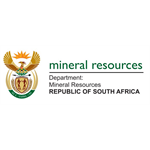












 Conference Programme
Conference Programme  Field trips
Field trips  Sponsorship & expo
Sponsorship & expo  Volunteer
Volunteer  GeoHost
GeoHost  Registration
Registration Tours
Tours  Promotion
Promotion  Publications
Publications


